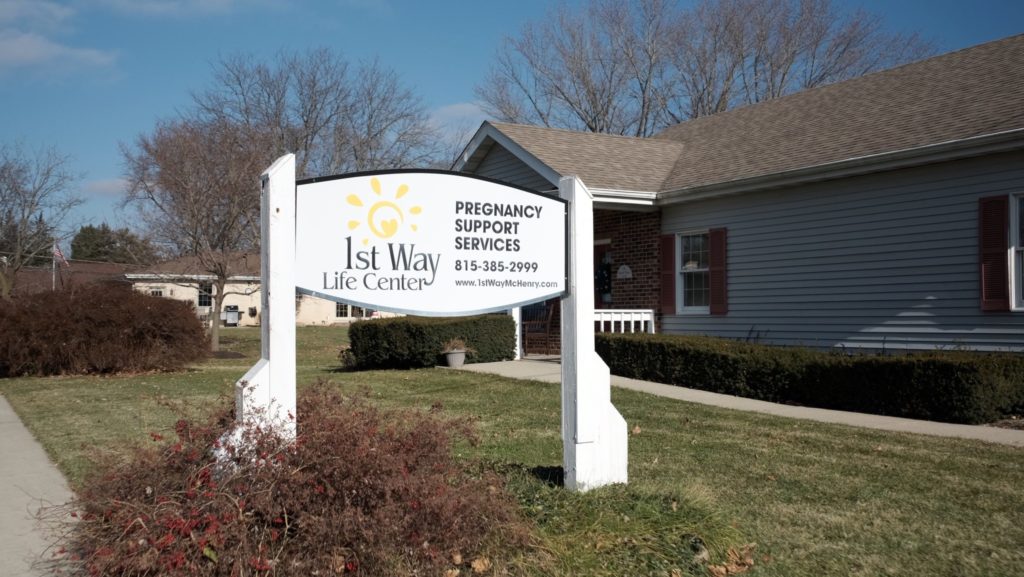In a split ruling, a federal judge in Illinois permanently blocked a provision of the state's 2016 Health Care Right of Conscience Act, which attorneys representing pro-life doctors and the state's 100 pregnancy resource centers said would compel their clients "to promote pro-abortion talking points with women in need."
A preliminary injunction enjoining enforcement of the act, known as HCRCA, has been in place since 2017.
U.S District Judge Iain D. Johnston wrote in an April 4 decision that the evidence presented to the Illinois General Assembly in support of the act "was underwhelming."
He said, "Nevertheless, in its wisdom, the State of Illinois sought to address a perceived problem, which it has every right to do in support of the public's health, safety, and welfare."
Judge Johnston added that no evidence had been presented to him showing that without the act, "the health of women was in grave peril."
He pointed out that "the lack of evidence of women's health being imperiled ... is unsurprising because the HCRCA provides no protections for health care professionals who fail to treat emergencies."
The case, Schroeder, et al. v. (Mario) Treto Jr., who heads the Illinois Department of Financial and Professional Regulation, was brought by lawyers for the Thomas More Society. The Chicago-based public interest law firm represented Illinois physician Dr. Ronald Schroeder, 1st Way Pregnancy Support Services, and Pregnancy Aid South Suburbs.
Johnston struck down the part of the HCRCA that required pro-life physicians and pregnancy centers to share the "benefits of abortion" after an ultrasound; but he upheld a separate amendment to the act which, Thomas More lawyers had argued, also "gutted conscience protections for pro-life physicians and pregnancy centers and required them to refer for abortion."
"Constitutionally, to obtain the liability shield, the state can't require medical professionals to discuss with patients what the state believes are the benefits of abortions; however, if patients request abortions, at a minimum, the State can require medical professionals to provide information of other medical professionals whom they reasonably believe might perform abortions," he said.
Johnston said he "understands the plaintiffs' position that ... they are required to effectively endorse a course of conduct they find morally abhorrent." He called that more of an issue of free exercise of speech.
He concluded that his decision should not "be interpreted as minimizing the constitutional issues at stake in this litigation, the role of the State to address perceived concerns about public health, safety, and welfare, or a woman's access to medical care."
In 2016, Illinois amended the HCRCA to require health care providers to discuss abortion's "benefits" and refer women to abortion providers if they asked. Judge Johnston's decision was consolidated with a parallel lawsuit, National Institute for Family and Life Advocates v. Treto, Jr., argued before him in 2023.
Thomas Olp, executive vice president of the Thomas More Society, said the firm would appeal the part of the decision referring to free speech, and that he expected the state of Illinois would appeal the other half.
"We're going to continue to fight for the right of pro-life free speech," he told OSV News. But Olp emphasized that requiring pregnancy resource centers to do as little as offer a written list of abortion providers against their pro-life beliefs "is compelled speech."

